Notable new points
The draft Law on Science , Technology and Innovation is being discussed by the National Assembly.
The draft has established a policy allowing research institutions to own and have autonomy over research results and assets generated from research. Accordingly, researchers are entitled to at least 30% of commercialization results and are allowed to participate in establishing and operating enterprises.
Ms. Pham Thi Thanh Mai, Deputy Head of the Hanoi National Assembly Delegation, said that the Committee on Science, Technology and Environment agreed on a minimum rate of 30% for scientists and related individuals, but there were opinions suggesting determining a specific rate framework, encouraging self-negotiation based on capital contributions.
According to current regulations, the State is the owner of research results using the State budget. The transfer of these results to the host organization for commercialization of research results encounters many difficulties and obstacles in valuing research results to reimburse the state budget, while the results of implementing scientific and technological research tasks are creative products, not yet on the market and in many cases, the results have not yet become products or goods, but need to continue to be researched and perfected.
“This is also a major bottleneck that has lasted for a long time. The fact that the host organization owns the research results will create initiative in commercialization, immediately after the end of the research. The State will recover indirect investment costs through taxes, creating jobs for society. This is the way many countries in the world have done,” Deputy Prime Minister Le Thanh Long assessed.
According to Mr. Nguyen Manh Hung, Minister of Science and Technology, one of the breakthroughs of the revised Law on Science and Technology is to increase the autonomy of organizations, individuals and project managers in implementing tasks, managing the apparatus, and spending according to the spending mechanism, but this is accompanied by the requirement to improve accountability and transparency in the use of resources.
Need more innovative legal corridors
Mr. Le Quan, Director of Hanoi National University, emphasized that the key point to promote science and technology is the mechanism for sharing profits from commercializing research products. This mechanism will help increase creative motivation and create stable income for scientists. At the same time, scientists can contribute to businesses to commercialize research results. Universities cannot establish many businesses to commercialize research results, but need cooperation between the two sides. Therefore, the State needs to create a cooperation mechanism between schools, scientists and businesses.
 The Draft Law on Science, Technology and Innovation consists of 8 chapters and 95 articles, with many contents having a great impact on the field of science, technology and innovation.
The Draft Law on Science, Technology and Innovation consists of 8 chapters and 95 articles, with many contents having a great impact on the field of science, technology and innovation.The draft has two articles related to the commercialization of scientific research and technology development results (Articles 26 and 27).

Delegate Le Quan proposed considering universities as centers of innovation, where research and teaching are integrated, without distinguishing between scientists and teachers.
Sharing the same view, delegate Nguyen Thi Lan (Vietnam Academy of Agriculture) proposed recognizing universities as scientific and technological organizations and allowing officials to manage and operate them.
Professor Mai Thanh Phong, Principal of the University of Technology (Ho Chi Minh City National University), said that there needs to be more breakthroughs, more power given to science and technology organizations, or a broader mindset in putting research results into practice.
According to Mr. Phong's recommendation, it is necessary to encourage and create conditions for scientists to commercialize their scientific research products through establishing science and technology enterprises or enterprises belonging to universities.
However, the Draft also needs to clearly stipulate: Are scientists who are civil servants allowed to manage or participate in establishing enterprises? Who is given the right to price technology? What are the mechanisms and regulations for dividing benefits between parties and owners?…
Sharing the same view, Associate Professor, Dr. Phan Tien Dung, Head of the Technology Application and Deployment Department (Vietnam Academy of Science and Technology) said that currently, research results are owned by the state, but implementation is carried out by scientists. However, because the ownership of these results is not assigned to the host unit or scientists, they cannot be commercialized. Meanwhile, regulations on technology valuation are also a barrier. Valuing a specific, tangible product is difficult, pricing an intangible product is even more complicated. Currently, there is no professional organization in charge of this, while in other countries, valuation organizations are often advisory in nature, while the final decision still belongs to the buyer and seller.
“The fact that the author is entitled to a minimum of 30% of the profits is not consistent with the revised Law on Intellectual Property (which allows 15-20% if a patent is registered). According to current regulations, if research results are commercialized, the profits will be returned to the State according to the budget contribution rate. If the State funds 100%, all profits must be returned, leaving scientists with nothing. This does not encourage them to participate in commercializing research results,” said Mr. Dung.
Source: https://baodautu.vn/can-co-che-dot-pha-coi-mo-hon-ve-thuong-mai-hoa-ket-qua-nghien-cuu-khoa-hoc-d280267.html


![[Photo] General Secretary To Lam works with the Central Policy and Strategy Committee](https://vphoto.vietnam.vn/thumb/1200x675/vietnam/resource/IMAGE/2025/5/28/7b31a656d8a148d4b7e7ca66463a6894)
![[Photo] Vietnamese and Hungarian leaders attend the opening of the exhibition by photographer Bozoky Dezso](https://vphoto.vietnam.vn/thumb/1200x675/vietnam/resource/IMAGE/2025/5/28/b478be84f13042aebc74e077c4756e4b)
![[Photo] Prime Minister Pham Minh Chinh receives a bipartisan delegation of US House of Representatives](https://vphoto.vietnam.vn/thumb/1200x675/vietnam/resource/IMAGE/2025/5/28/468e61546b664d3f98dc75f6a3c2c880)

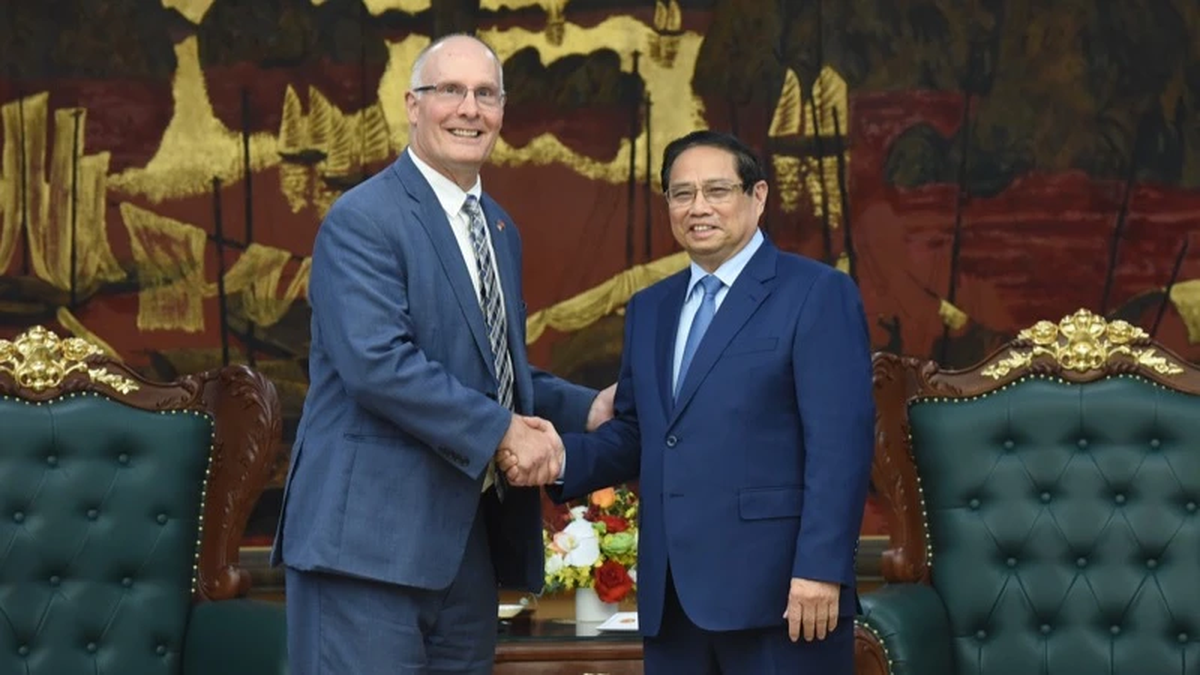
![[Photo] 12th grade students say goodbye at the closing ceremony, preparing to embark on a new journey](https://vphoto.vietnam.vn/thumb/1200x675/vietnam/resource/IMAGE/2025/5/28/42ac3d300d214e7b8db4a03feeed3f6a)
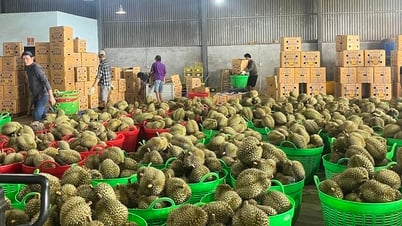

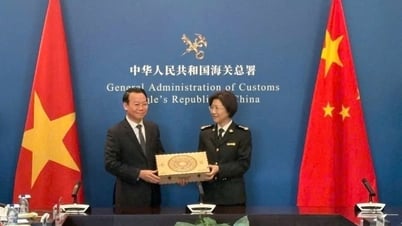



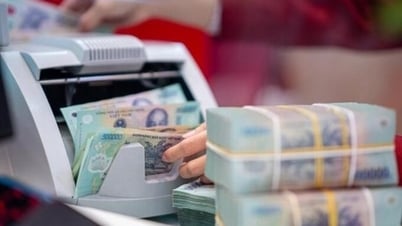











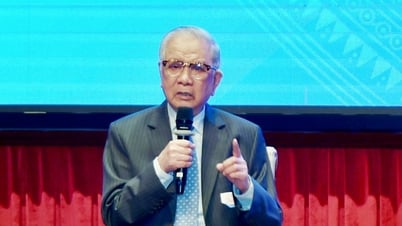





























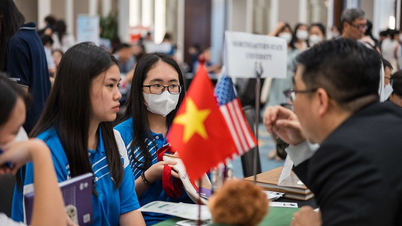









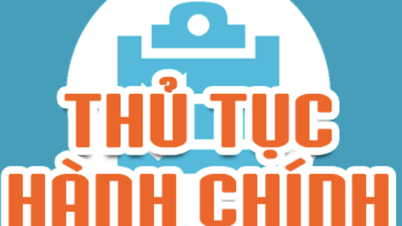

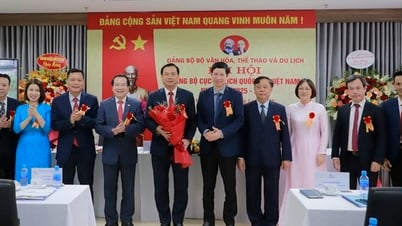
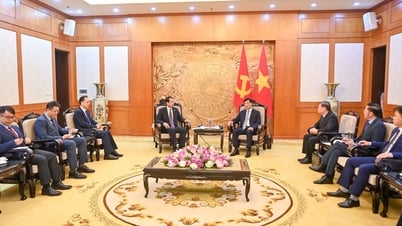




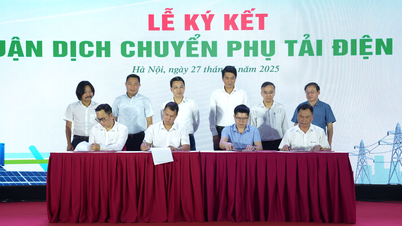
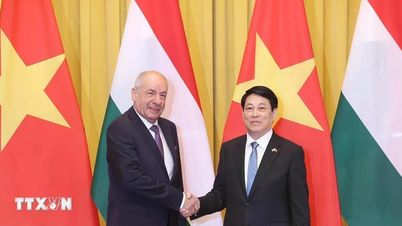



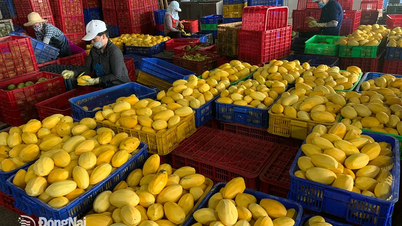
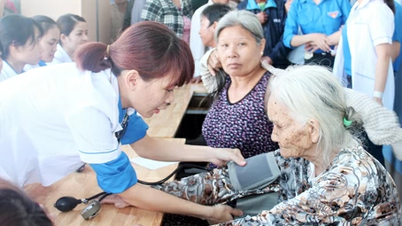
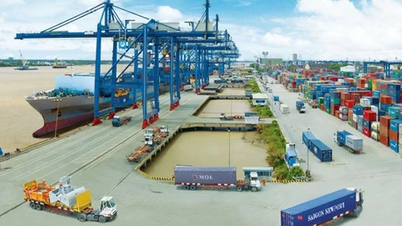









Comment (0)